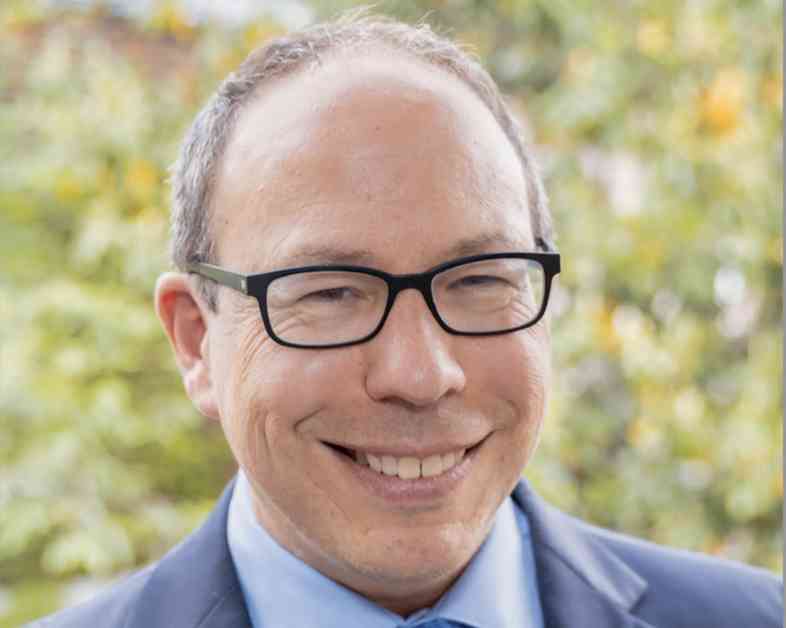Adam Candeub, a prominent critic of major technology companies, is set to take on a significant role at the Federal Communications Commission (FCC). Candeub will be stepping into the position of general counsel at the FCC, as confirmed by FCC chairman Brendan Carr, according to a report by Semafor. TechCrunch has reached out to the FCC for further details on this development.
Candeub has been a vocal opponent of Section 230 of the Communications Decency Act of 1996, a law that shields tech giants and online service providers from legal repercussions based on user-generated content on their platforms. The debate surrounding Section 230 revolves around the concerns that repealing it could make tech companies, particularly social media platforms, accountable for the content posted by users, potentially leading to increased censorship.
In 2020, Candeub played a significant role in drafting an administrative petition urging the FCC to intervene in the ongoing discussions regarding social media content moderation. These discussions gained momentum when former President Donald Trump accused social media platforms, including Twitter, of stifling conservative viewpoints by fact-checking his misleading claims about election fraud in the 2020 presidential race.
Despite these efforts to limit the powers of Section 230, previous attempts have not been successful. The Supreme Court made rulings in 2023 that supported Google and Twitter in separate cases related to content from the Islamic State that promoted terrorism, underscoring the challenges in holding platforms accountable for user-generated content.
With Candeub’s appointment to the FCC and Brendan Carr recently assuming the role of chairman, the dialogue around Section 230 is likely to resurface in the current administration. Carr has expressed a desire for revisions to Section 230, aligning with Candeub’s advocacy for changes in this area.
Notably, Candeub brings a wealth of experience to his new position. He previously advised the FCC in the early 2000s and held positions within the Trump Administration, including Deputy Assistant Secretary of Commerce for Telecommunications and Information. In late 2020, he transitioned to the Department of Justice as Deputy Associate Attorney General. Currently, Candeub serves as a law professor at Michigan State University, a role he has held since 2004.
With Candeub’s background in law, policy, and academia, his insights and perspectives on tech regulation and Section 230 are expected to be influential within the FCC and broader conversations surrounding online content moderation.
Expert Insights on Tech Regulation
Becca, a seasoned writer at TechCrunch specializing in venture capital and startup trends, underscores the significance of Candeub’s appointment within the FCC. She highlights the potential impact of Candeub’s background in legal and regulatory matters, noting that his stance on Section 230 could shape future policies affecting tech companies and online platforms.
Future Implications for Tech Policy
As Candeub assumes his role at the FCC, the ongoing discourse on Section 230 and content moderation is likely to intensify. With key stakeholders, including Candeub and Carr, advocating for changes to existing regulations, the tech industry faces a period of potential transformation in how online content is governed and moderated.
Becca, an accomplished writer with a deep understanding of the tech landscape, emphasizes the evolving nature of tech policy and the critical role that figures like Candeub play in shaping the regulatory environment for technology companies. Her insights shed light on the broader implications of Candeub’s appointment and the implications for future tech policy developments.













